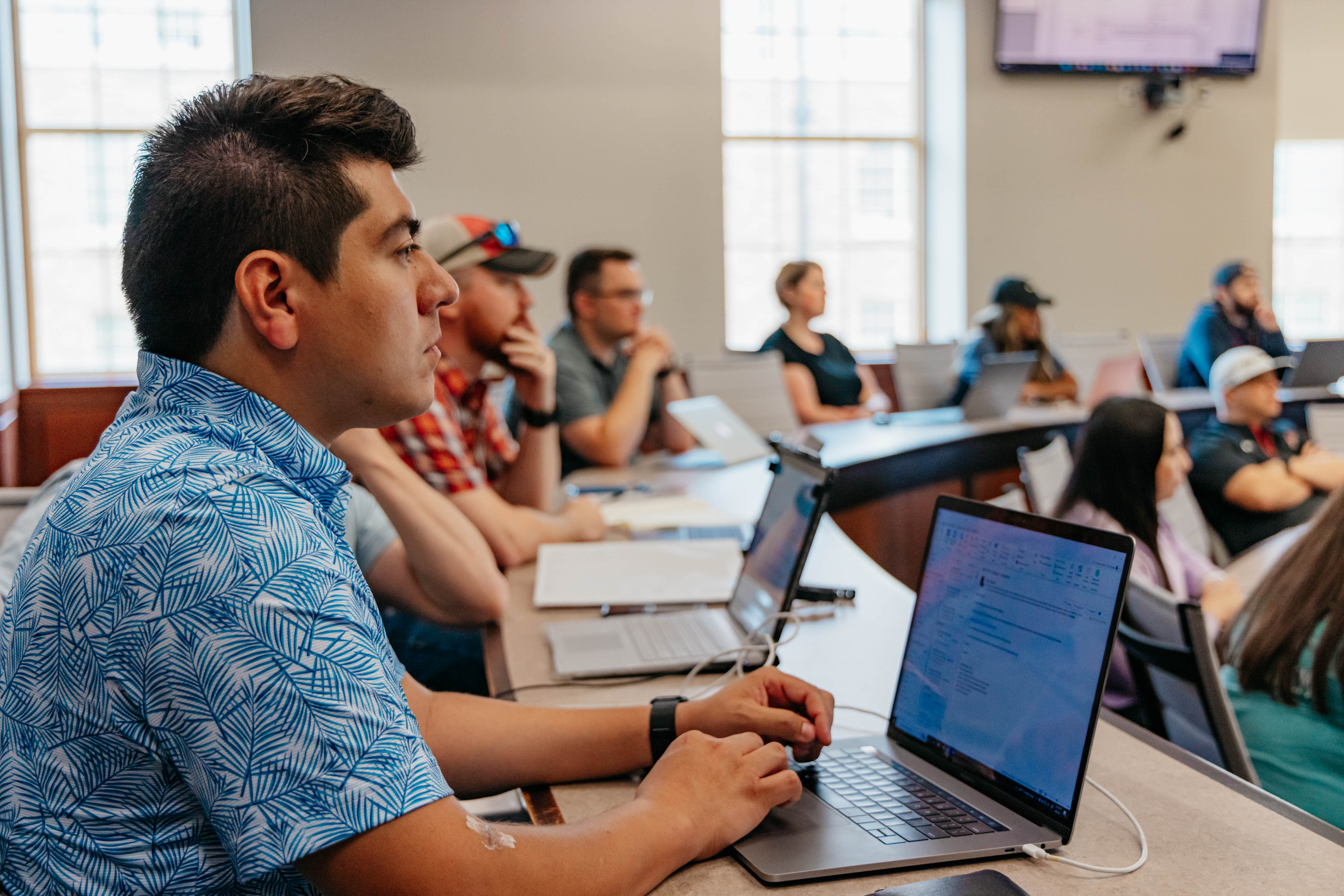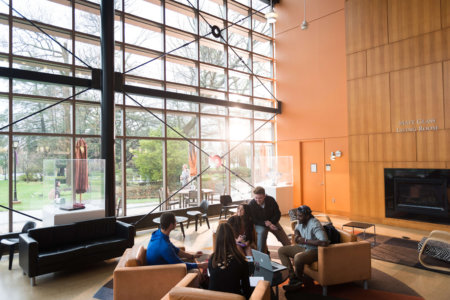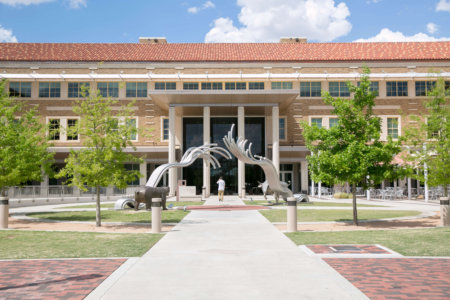Gigabytes of data are of little worth without data scientists. Without these professionals, decision-makers across industries will not be able to understand or leverage the inner workings of their business’s data — which can undeniably be complex and challenging to grasp. Thankfully, qualified data scientists speak the language effortlessly. Hence, their ability to evolve their findings into actionable insights that can refine target audiences, identify opportunities, define goals, empower management, and drive profit.

Source: Texas Tech University
Students are taught to do just this and more at the Rawls College of Business at Texas Tech University, which is located in Lubbock, Texas. The College’s Master of Science in Data Science (MSDS) ranks third in the nation for its ability to provide graduates with the technical expertise needed to lead in the digital frontier.
The STEM-designated, 36-hour qualification was designed to accelerate the careers of professionals in the fields of data science, business analytics, business intelligence, or big data. Through the real-world application of knowledge and skills, they use advanced technologies and statistical methods to manipulate data and translate findings into actionable organisational strategies.
Core classes cover the basics: Statistics for Data Science, Scripting Languages, Database Concepts, Project Management, Big Data Strategy, Business Intelligence, Multivariate Analysis, Time Series Analysis, Simulation and Optimisation, Decision Theory and Business Analytics, Big Data Security, as well as the ever-so-current topic of Machine Learning.
Yuan Jin is an assistant professor of the Machine Learning course and is a prime example of the College of Business’s priority to ensure classroom sessions are delivered by the best of the best.
“I have met some of my favourite professors here and I feel like they really embody what other professors strive to be like,” says current MSDS student Wyland Harris. “They truly care about their students and have the ability to convey complex mathematical concepts in digestible ways.”
Jin’s lessons draw insights from the research she is currently conducting in the economics and knowledge management of online platforms based on various data and models, with a specific focus on crowdsourcing platforms.
“The Machine Learning course in the MSDS programme focuses on the fundamental theories and real-world applications of various machine learning techniques,” she explains.
“Its objective is to guide machine learning techniques and data mining algorithms that encompass different analytic processes. It covers the most common data mining tasks and typical machine learning techniques. By learning these algorithms, students will master how to deliver predictive models that conduct major data mining tasks, including classification, prediction, and more advanced learning tasks. Upon completing this course, students will not only establish a managerial mindset for data mining and machine learning but also develop technical skills for most practical needs.”
Getting competent in these has never been easier, thanks to the MSDS’s flexible nature. The programme can be completed in one year or two — coursework for the one-year option can be completed on campus or online. Meanwhile, the two-year programme is available online only.

Source: Texas Tech University
Although flexible, both routes are engaging. All working professionals experience their core courses together through a stimulating cohort-based learning environment. In this, learners effortlessly forge enduring connections with peers from varying backgrounds and industries. Rawls College is filled with perspectives — especially since 43% of its students are international and 22% are female.
Each student may have an average of nine years of working experience, however, that never stops them from making full use of the access they have to the Rawls Career Management Centre (CMC).
Why wouldn’t they? The CMC has been behind student success since 2003. Today, it continues to empower students by providing expert coaching, workshops and events; reviewing resumes; conducting mock interviews; hosting etiquette dinners; as well as conducting on-campus interviews and career fairs. Each fair brings in over 150 esteemed employers from across the US.
“I appreciate the focus on my future career,” says Harris. “With lunches and meetings with our career advisor, I feel confident that I will be successful after I graduate.”
Such insights and opportunities are especially handy for international students keen on launching careers in the “Land of Opportunity.” The MSDS’s STEM designation means that upon completion, international students may qualify to work in the US — under the Optional Practical Training (OPT) programme — for up to three years after receiving their degrees.
So what are you waiting for? To fast-track your career progression in the thriving field of data, click here to apply today.
Follow Texas Tech University’s Rawls College of Business on Facebook, Twitter, YouTube, Flickr, Instagram and LinkedIn












